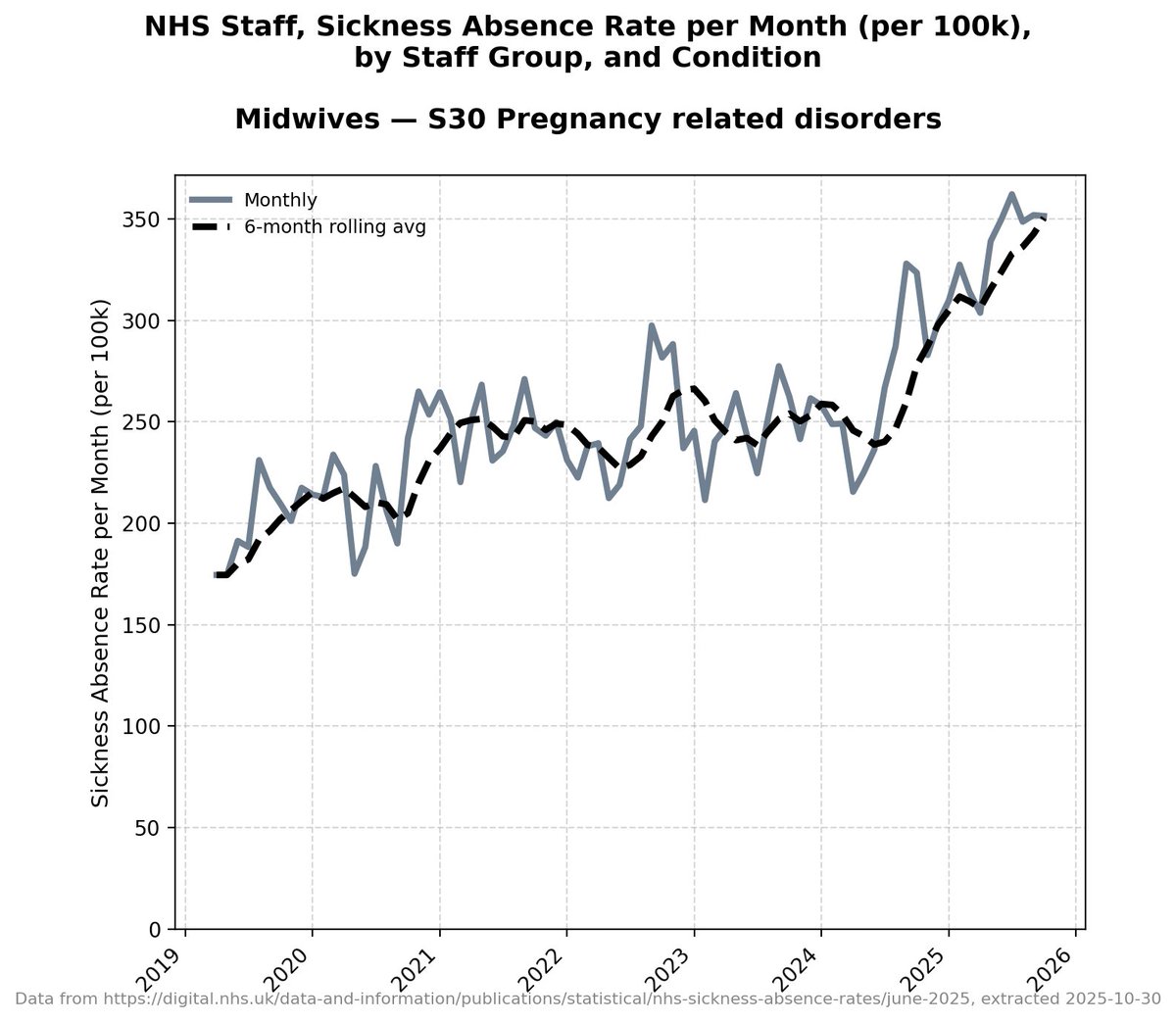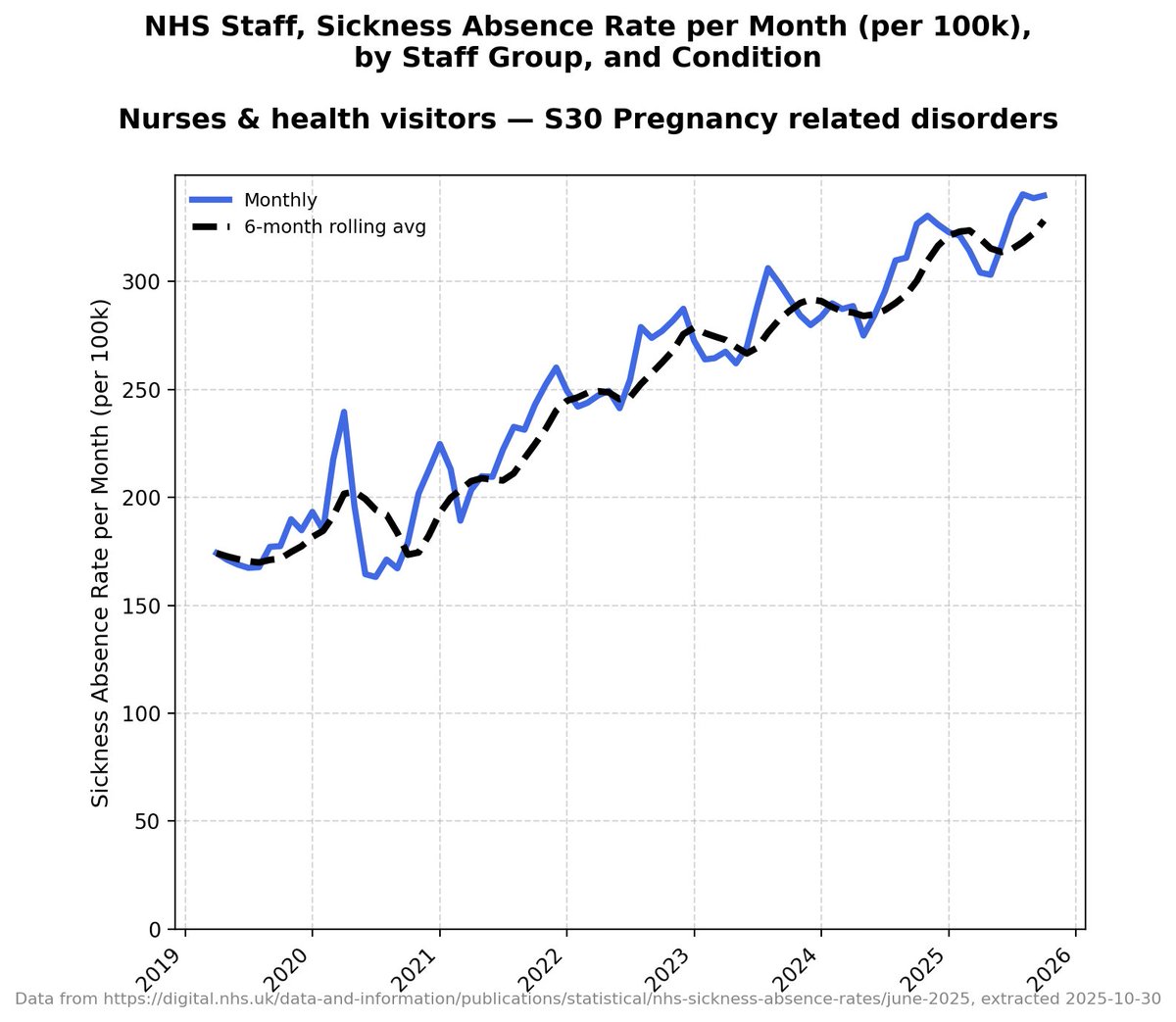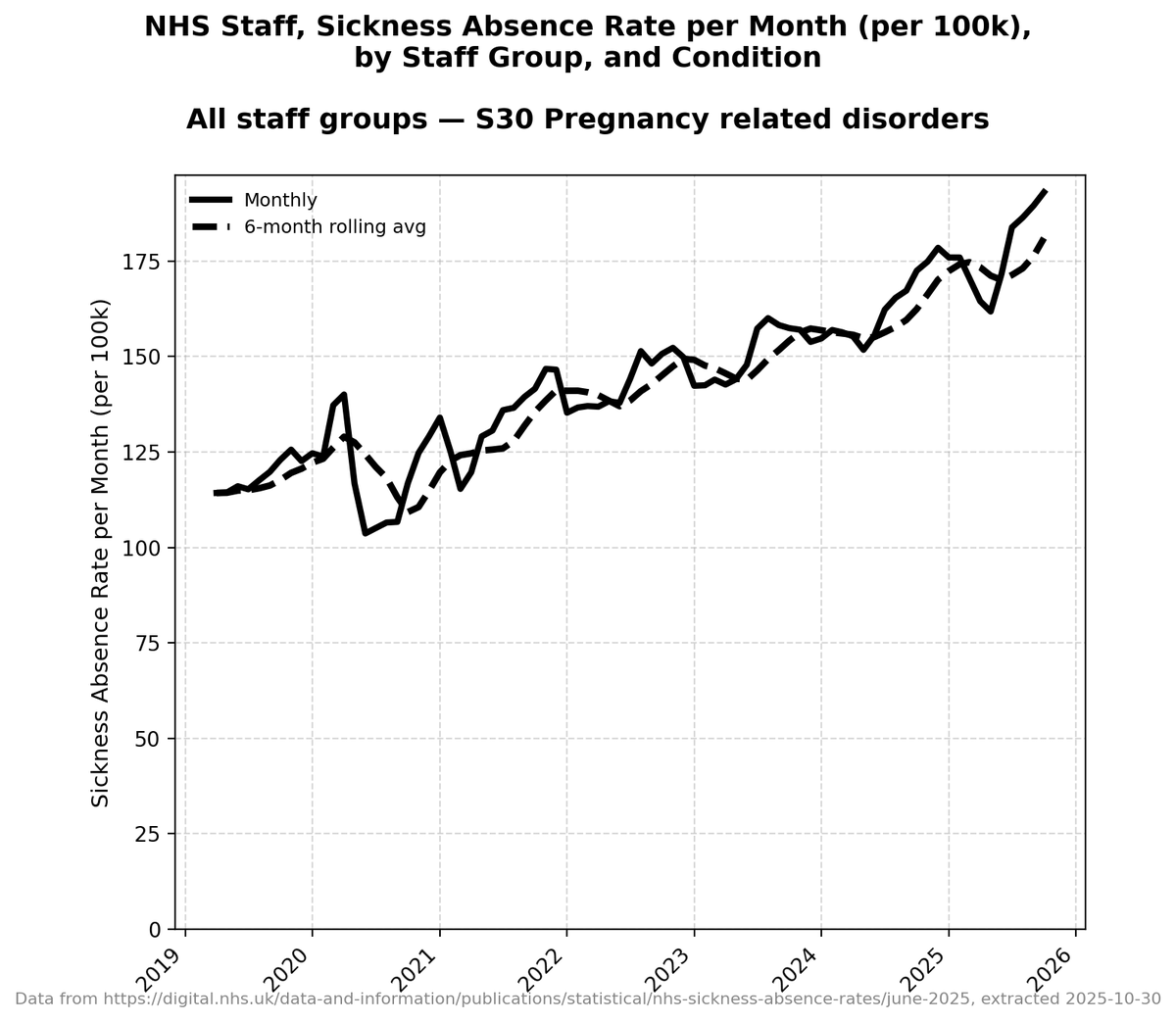Oh my word.
I've had a realisation about one of the sliding doors moments in the pandemic.
I had a chat with a consultant anaesthetist a couple of months ago when he asked me why I wore an ffp3 mask, and a couple of things he said in reply didn't make sense.
I've had a realisation about one of the sliding doors moments in the pandemic.
I had a chat with a consultant anaesthetist a couple of months ago when he asked me why I wore an ffp3 mask, and a couple of things he said in reply didn't make sense.
His words had been bouncing round in the back of my head all this time, then I saw something today that made complete sense of them.
He had been talking about the distinction between droplets and aerosols and how he had had training and briefings at which he had seen studies that had *proven* that most transmission in healthcare settings was *at close range*.
(I'm going to come back to several things in that sentence)
Based on that, he thought that surgical masks ('fluid resistant/repellant surgical masks', frsm) were adequate to stop transmission.
In his mind, 'close range' and 'short range' meant *droplets*.
In his mind, 'close range' and 'short range' meant *droplets*.
He had a complete misunderstanding of the concept of droplets v aerosols.
And now I'm wondering if it applies to more people than just him.
Now let's make this clear:
This is someone extremely clever.
He has an excellent memory.
He has brilliant problem solving skills.
He is very kind and thoughtful.
This is someone extremely clever.
He has an excellent memory.
He has brilliant problem solving skills.
He is very kind and thoughtful.
It took him 14 years of training and practice to go from being a first year medical student to becoming a consultant anaesthetist.
This is someone that I respect and admire in a dozen ways.
*but*
Anaesthetists are absolute classic *team players*.
You look up team player or specialist in the book, and there's a picture of them.
They do their role in the corner of the operating theatre.
Calm, unflappable, but they are performing *their role* and leaving the other roles up to other people.
Calm, unflappable, but they are performing *their role* and leaving the other roles up to other people.
Do they keep watch over the surgeon's shoulder to see if the scalpel is going in the right place?
No.
No.
Do they check up on what the infection control team are saying about how covid infects people?
No.
No.
In his mind, he had filed away 'droplet' and 'close range' in the same box, and never thought about them again.
And he had filed 'droplets' and 'fluid resistant masks' in the same box and never thought about them any more either.
When the actual truth is that *close range* transmission can be by both droplets *and* aerosols.
Think of a smoker.
Do they exhale smoke as droplets in the traditional transmission sense of droplets?
Do they exhale smoke as droplets in the traditional transmission sense of droplets?
In that sense, 'droplets' are thought of like little raindrops of spit and mucus that travel on a parabola, an arc, a trajectory and fall to the ground.
But a smoker doesn't produce droplets.
They produce aerosols.
They produce aerosols.
If a smoker is smoking, where would you be most likely to inhale lots of smoke from them?
***** AT CLOSE RANGE *****
I am sitting here wondering how many healthcare professionals think the same as my friend.
No wonder I didn't understand what he was saying at the time, and that it took months for me to figure it out.
He was saying things that didn't make sense as well as having a different meaning to what I understood by those words as well as breaking the laws of physics.
Where are you most likely to inhale exhaled aerosols?
*** UP CLOSE ***
He has been wearing FRSMs, surgical masks, for maybe 30 years now.
He has worn them for many of his working days in that time. In his mind, they were good enough then, and they're good enough now.
He has worn them for many of his working days in that time. In his mind, they were good enough then, and they're good enough now.
But somewhere in that kind, intelligent, analytical mind of his, he has completely lost touch with the actual reality of the situation.
I wonder how many health care workers this applies to.
A complete misapprehension of the physics.
A complete lack of understanding.
A complete lack of understanding.
A gaping chasm between something that they have been taught wrongly and the actual reality.
To summarise:
How many medical professionals think that "predominantly spread by close range transmission" means "not aerosols only droplets"?
How many medical professionals think that "predominantly spread by close range transmission" means "not aerosols only droplets"?
And:
HOW COULD THEY BE THAT STUPID.
HOW COULD THEY BE THAT STUPID.
One footnote:
American presidents have predominantly been assassinated at close range.
American presidents have predominantly been assassinated at close range.
Three quarters of American presidential assassinations have been conducted by close range assassins.
But that doesn't mean long range assassination can't take place.
And more to the point: if you're in a hospital, you have close range encounters. Everyone has close range encounters in medical care.
Of course most of the people are going to have close range exposure and pick things up by close range transmission in hospital.
But do you know what?
Even if they don't have close range exposure, they would have caught it anyway.
Even if they don't have close range exposure, they would have caught it anyway.
Do you know one of the groups in healthcare that had the *highest* rates of infection?
*cleaners*
Cleaners, who would have far less close contact than doctors or nurses.
Covid can get you up close, but actually, if it doesn't get you up close, it will have a good attempt at getting you at distance, because Covid isn't spread *primarily by droplets*, it's spread *primarily by aerosols*.
Fog not rain.
Smoke not chewed tobacco spit.
**and close range aerosols are the worst of all**.
• • •
Missing some Tweet in this thread? You can try to
force a refresh







